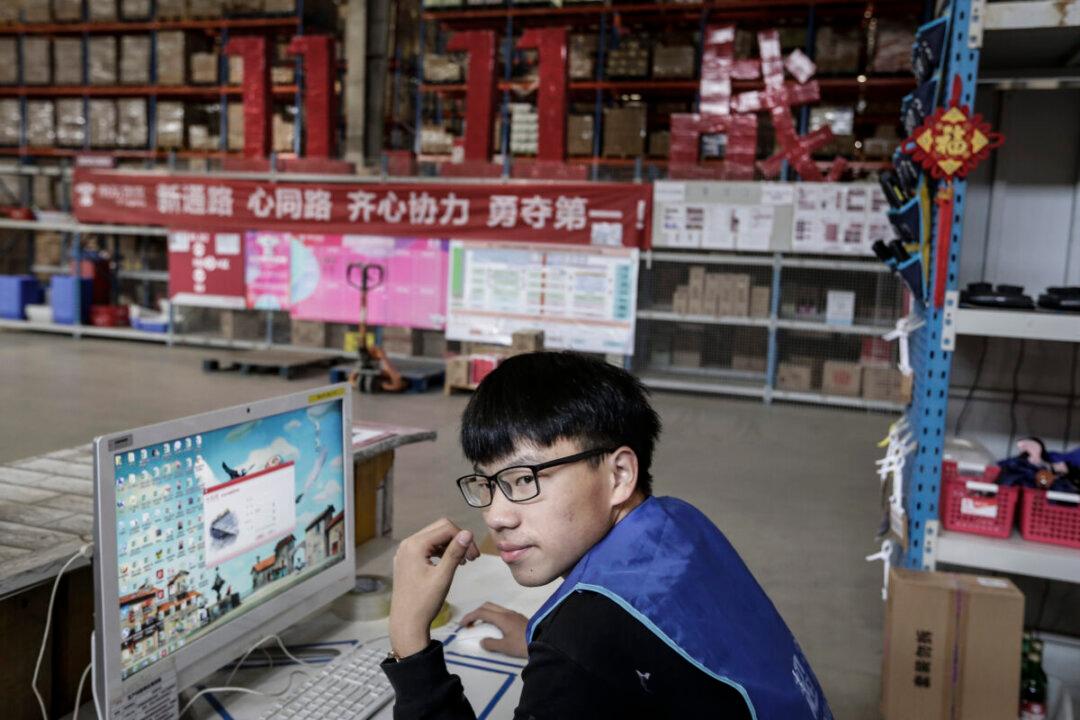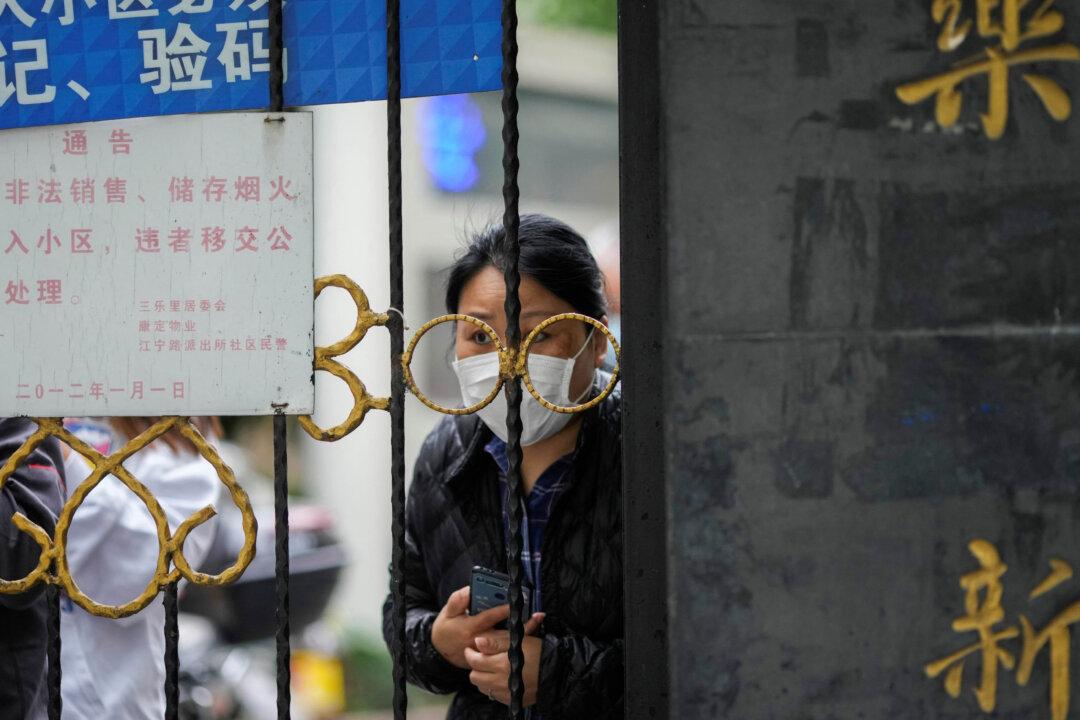News Analysis
The Chinese Communist Party (CCP) recently held its “two sessions” meetings in Beijing at which the regime sets its priorities. The CCP’s work report mentioned the so-called “general strategy” for a Taiwan policy. At the same time, Russia’s invasion of Ukraine has brought the situation across the Taiwan Strait renewed attention. Experts and scholars put forward different views and analyses on what the CCP will focus on.




